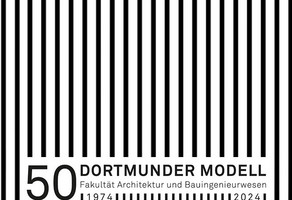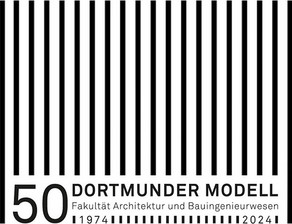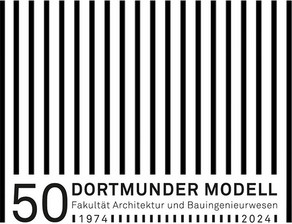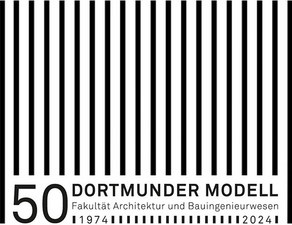GEHEN lecture by Prof. Dr.-Ing. Barthold
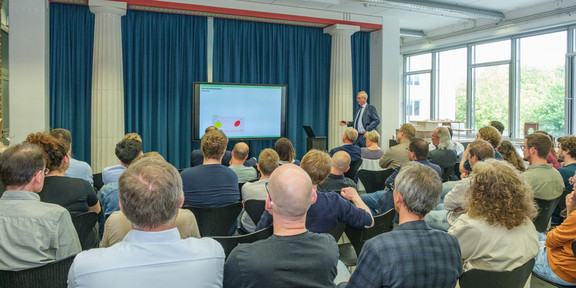
On 8 July 2025, the GEHEN lecture by Prof. Dr.-Ing. Franz-Joseph Barthold entitled "Form Optimization -- Elements of Theory and Numerics and their Application" took place in the Doric Hall of the Department of Architecture and Civil Engineering. Professor Barthold was appointed on October 1, 2003 and will retire at the end of August 2025.
In his lecture, Prof. Barthold first highlighted the challenges of structural optimization in engineering and gave an overview of its algorithmic treatment with modern simulation tools. In particular, modelling the engineering task as a mathematical optimization task by selecting the objective function, the constraints and the design variables is an important building block. In addition, the choice of optimization method determines the further procedure. In his work, the focus is on gradient-based algorithms, such as the SQP method (Sequential Quadratic Programming).
In the next lecture, the module "Sensitivity Analysis" was examined in more detail using the example of shape optimization, which highlights the sensitivity of a structural response to changes in the geometric problem variables, i.e. the shape of the structure under consideration. Specifically, the question must be answered qualitatively and quantitatively as to how, for example, the displacements and stresses change when the original shape changes. These investigations can be answered in a variety of ways. The spectrum ranges from methods with low theoretical requirements and high computational effort to the exact opposite.
The research of the Construction Mechanics working group concentrates on providing basic theoretical results that subsequently allow efficient numerical implementation and minimize the computational effort. Prof. Barthold compared the additional work involved in the theory of variational sensitivity analysis to the efforts of mountain climbers on the ascent, who are then rewarded for their efforts at the summit. This approach is not comprehensible to everyone, but in the highly competitive research landscape it ensures the unique position required to acquire third-party funding.
In the final part of the presentation, Prof. Barthold thanked his team for their many years of support and highlighted the achievements of his staff. A wide range of problems have been successfully addressed and published and have also been honored in the context of doctoral awards.
The outlook led to open research questions arising from the consideration of shape optimization and biological growth. Prof. Barthold suggested examining the perspective and approach in more detail and looking for commonalities that could enable an integrated description.
After the lecture, a cozy conclusion with a buffet and drinks provided an opportunity for discussion.
The department would like to thank Prof. Dr. Barthold for this insight into his research topics and for the many years of collaboration and wish him all the best for the future!

